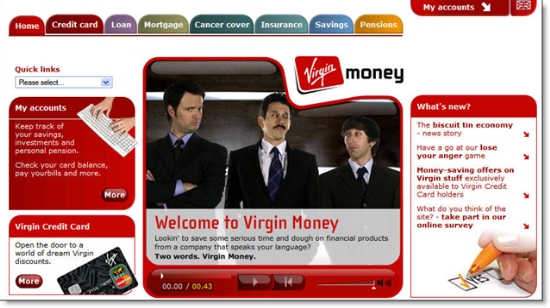 This morning I was at the Parc55 Hotel in San Francisco to hear Prosper CEO Chris Larsen's "state of the union" address at his company's annual user meeting, Prosper Days. I've heard him speak four times in the past year, and I learn something important every time (see note 1).
This morning I was at the Parc55 Hotel in San Francisco to hear Prosper CEO Chris Larsen's "state of the union" address at his company's annual user meeting, Prosper Days. I've heard him speak four times in the past year, and I learn something important every time (see note 1).
The highlight today was an analysis he unveiled showing the performance of loans made to borrowers who've been endorsed by friends and family. About a year ago, Prosper added an important social networking feature that allows friends and family of potential borrowers to post endorsements. Even more important, Prosper shows whether the friend has put their money where their mouth is and made a bid on the loan (see screenshot below; note green number in upper right showing the amount of the bid made by the endorsing friend).
Analysis
The theory is that the social endorsement(s) will have two important benefits:
- Help lenders identify quality borrowers
- Provide borrowers with more incentive to repay the loan so as not to disappoint their endorsing friends
The first year's worth of data are in and the results are promising. The loans with higher social capital (i.e. endorsed by and bid on by friends) are performing significantly better so far:
- Loans with a single friend bidding on the loan are performing 35% better than similar loans without that endorsement
- Loans with multiple friends bidding are performing 50% better
Because Prosper makes its loan performance data public, investors will be able to track the value of these endorsements over time. If it turns out that endorsements do correlate with better long-term loan performance, loan rates will be bid down accordingly, and the borrower will capture the value of their social capital/reputation through lower loan rates. Already, the rates to these endorsed borrowers are running 10% lower.
Lenders can even search on these so-called "social elements." Prosper's advanced search includes 43 searchable fields, four in the social area (see screenshot below).
Note:
1. Prosper will be demo'ing their latest platform improvements at our upcoming FINOVATE Startup conference (previous coverage here).
2. For more information on Prosper and person-to-person lending, see our Online Banking Report, published in December.






















